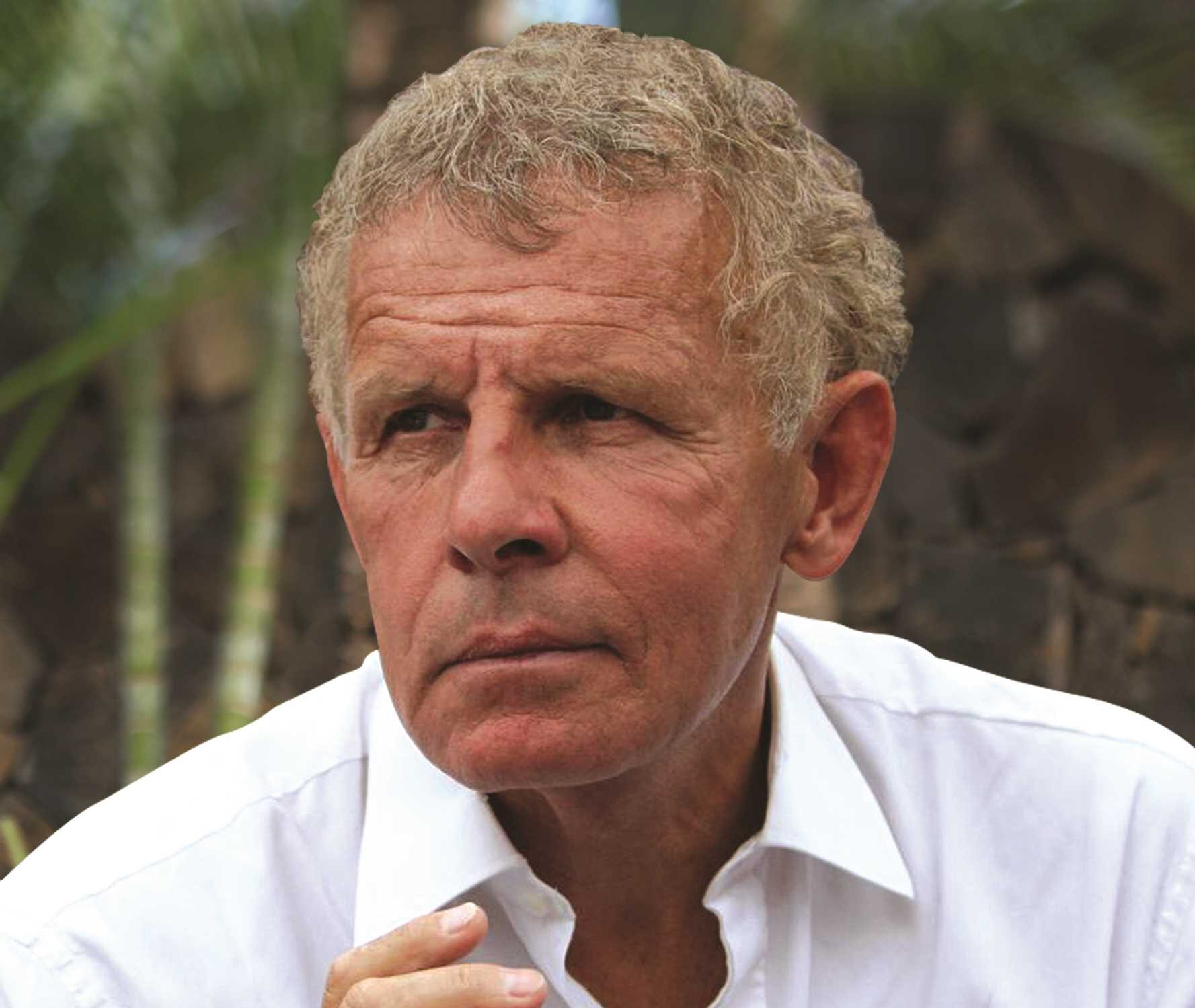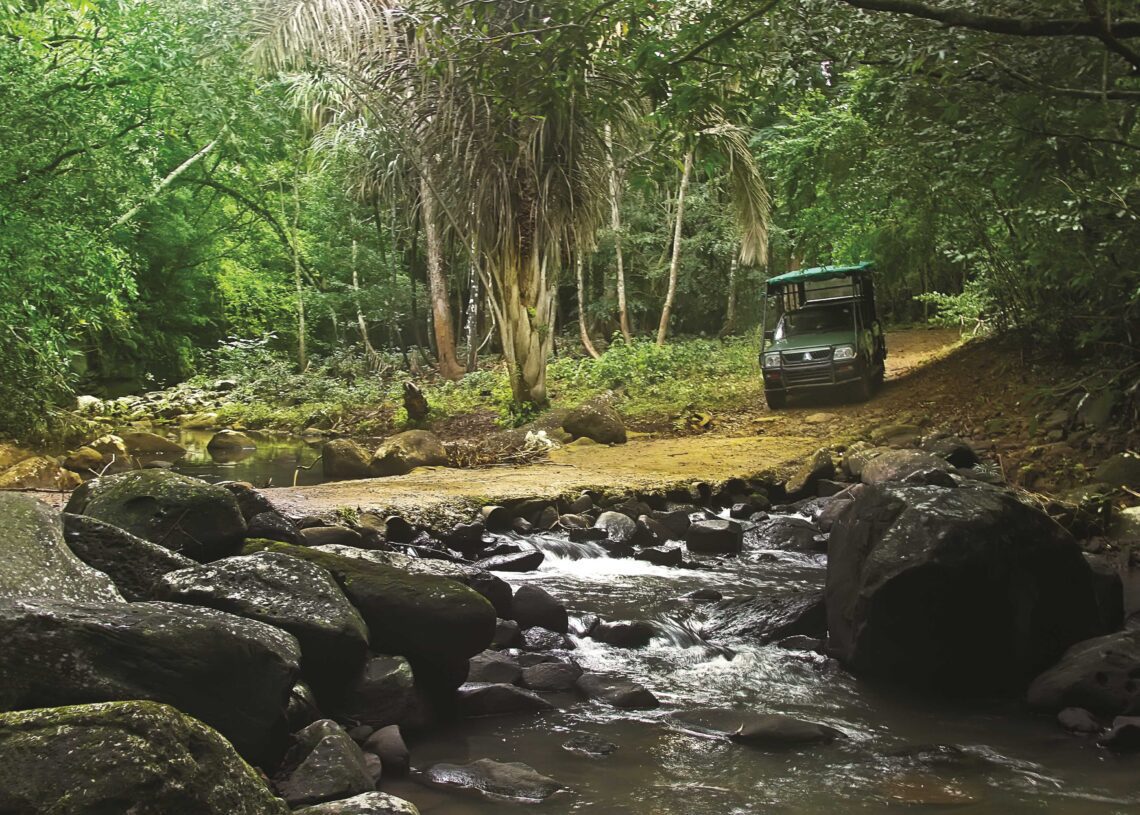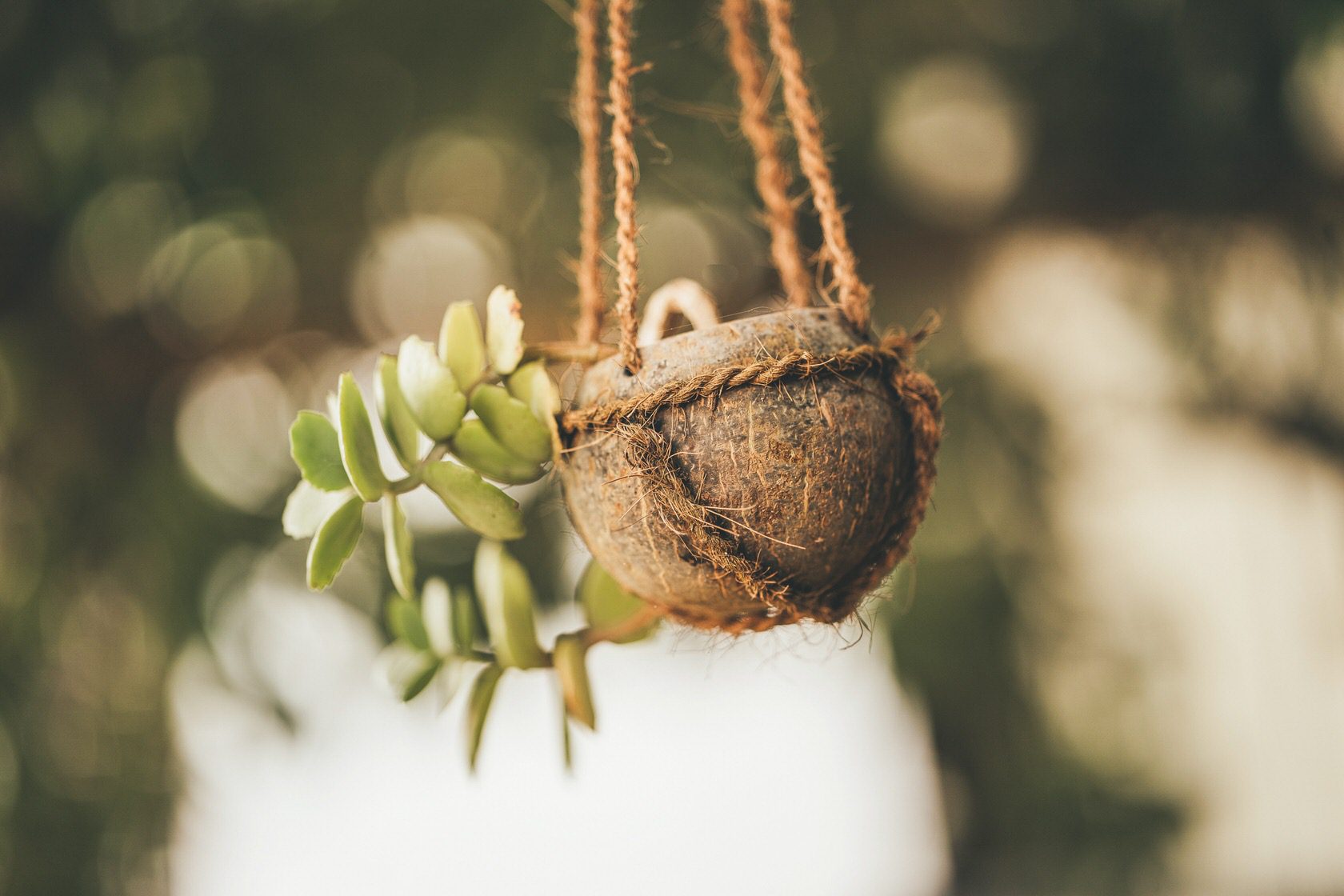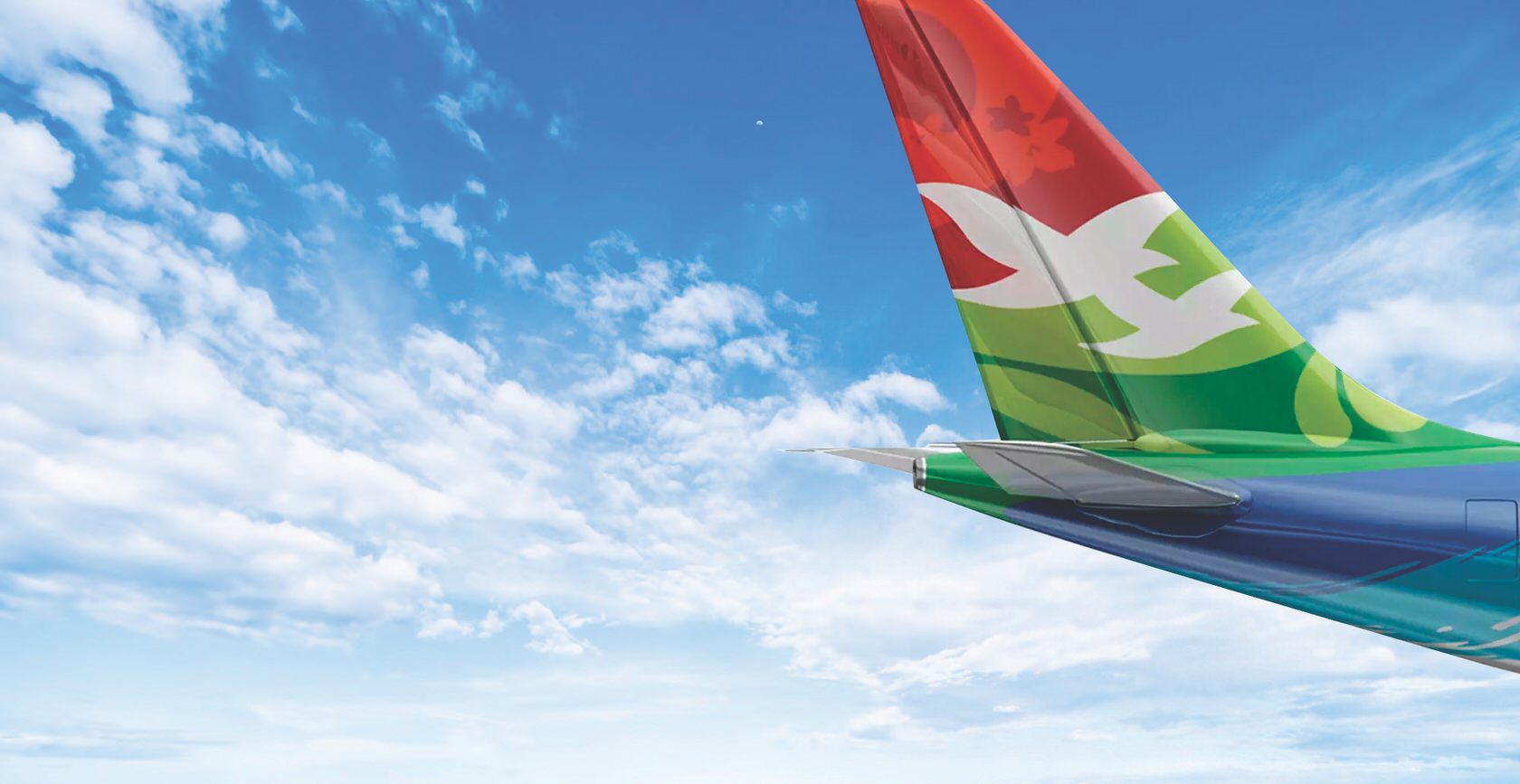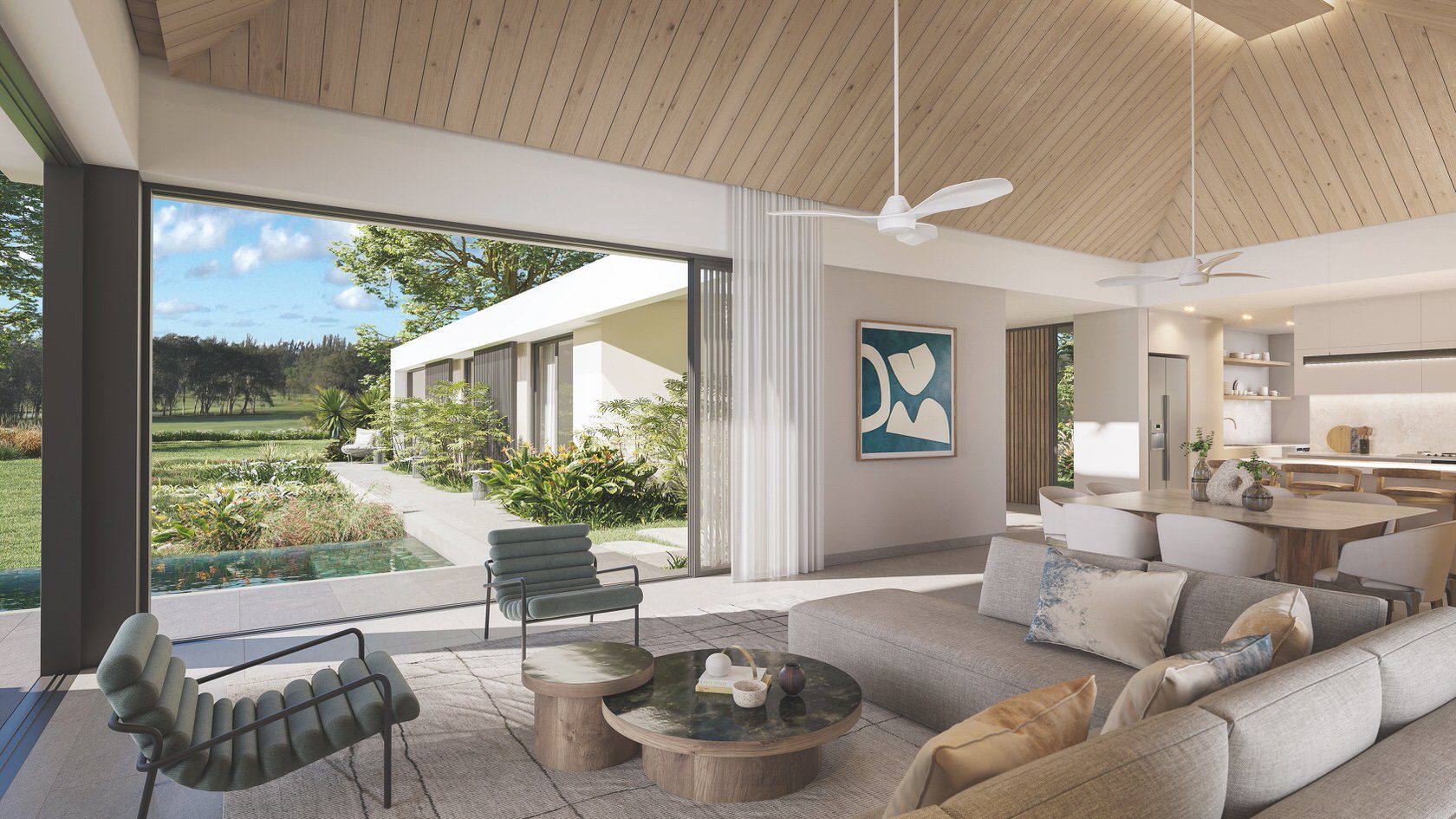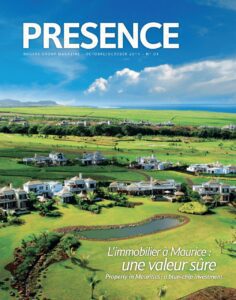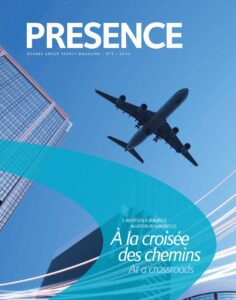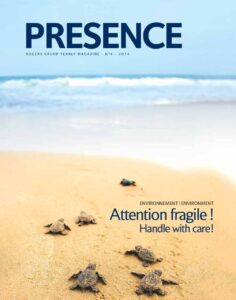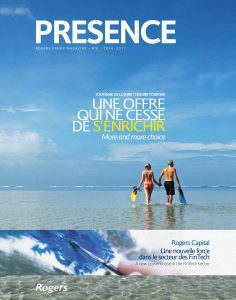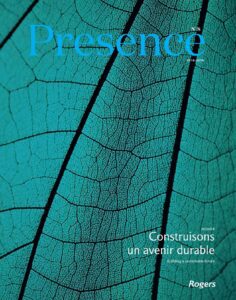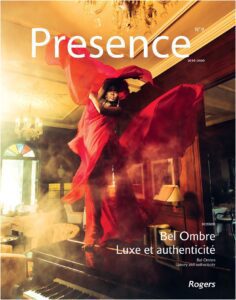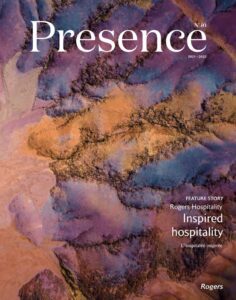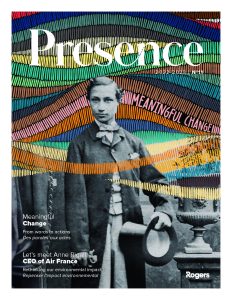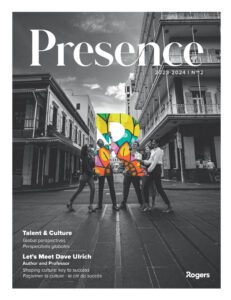There are many outstanding viewpoints from the nature reserve, which overlooks Bel Ombre, and, with its often-rare flora and fauna, it leaves all its visitors, including the well-known French journalist – a fervent admirer of Mauritius – with lasting memories.
Staying close to the Frederica Nature Reserve is a heavenly experience, one of the almost unexpected privileges – and by no means the least – reserved for guests at the Domaine de Bel Ombre. If you take advantage of it, of course. There are exceptional views across the 3,700-acre reserve, from its heights to the lagoon, and amongst hills and dales. It seems that every shade of blue and green is represented either in the sea or in the plant life, from emerald to turquoise, from sky-blue to apple-green. There’s almost no-one around, just a string of white, sandy beaches and rocky cliffs, typical of the unspoilt beauty of the south. And there’s the warmth of its savannah, the freshness of its undergrowth and its watercourses, all home to unique animal and plant species, which are flourishing, thanks to the conservation efforts of the Wild Life Foundation. Accompanied by knowledgeable guides, a few people, with a greater sense of curiosity than others, take long walks here or move around in four-wheel-drive vehicles or on quad bikes.
A couple of weeks before Easter, clutching the handlebars of one of these versatile machines, one of the best-known French journalists was invited to drive around and explore the area. Although very fond of Mauritius, Patrick Poivre d’Arvor (PPDA) had never previously visited Frederica and its hosts of fruit-bats and Java deer. Back in the hotel, he said to us, “the trek is a real encounter with nature, a different world from what one is used to seeing in Mauritius. It’s a pristine world, with its plants and wildlife – and its solitude. Amongst the many sensations my son and I experienced during our half-day there, I was particularly struck by the very enjoyable moment we spent with some new-born does”. Something else was born that day, a new tie between the island and its fervent admirer who also said to us, “For the last forty years, none has gone by without my making at least a short visit”.
A definitive first encounter
“It’s no exaggeration to say,” he goes on, “that it was here that my journalist career was launched. In 1971, at the age of 24, I won France Inter’s Envoyé spécial competition thanks to a major five-part series of programmes, each an hour long, on ‘Fait français à Maurice’, highlighting the links between the two countries. It gave me the opportunity to interview the historian, Auguste Toussaint, as well as such personalities as Sir Seewoosagur Ramgoolam, Gaëtan Duval and Paul Berenger. They were encounters that I am unlikely ever to forget”.
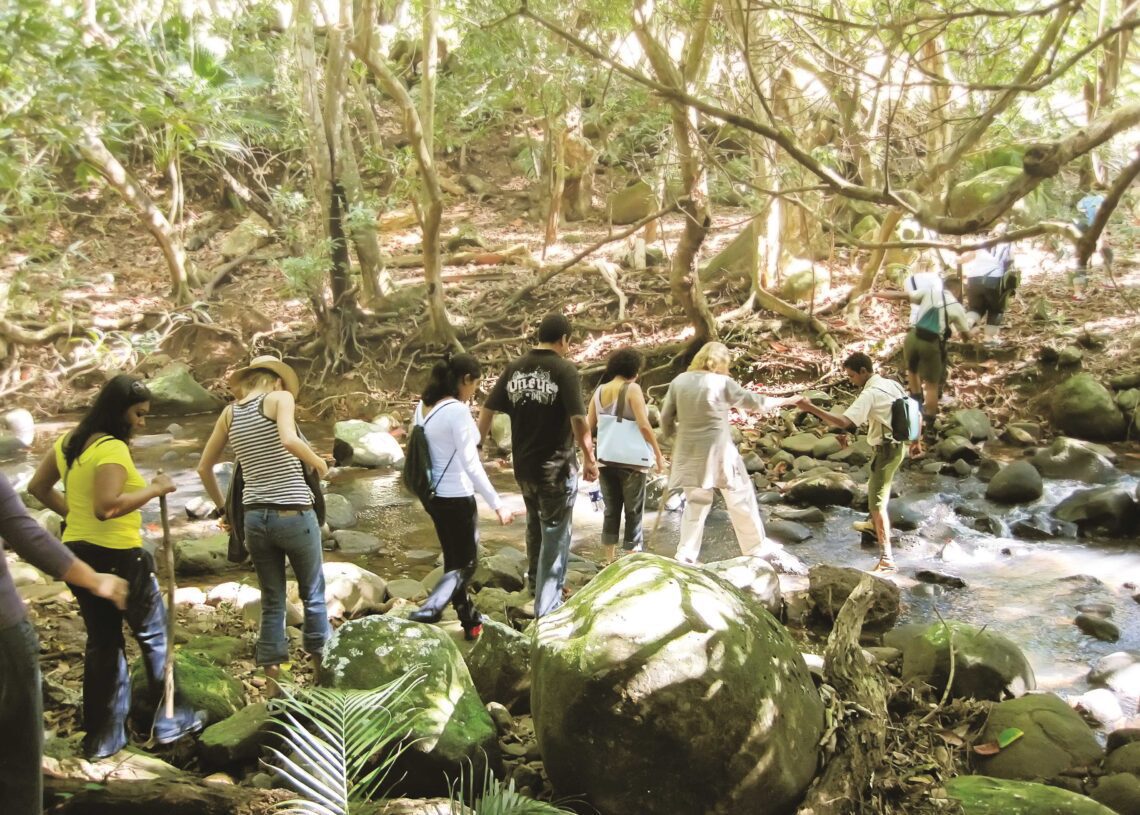
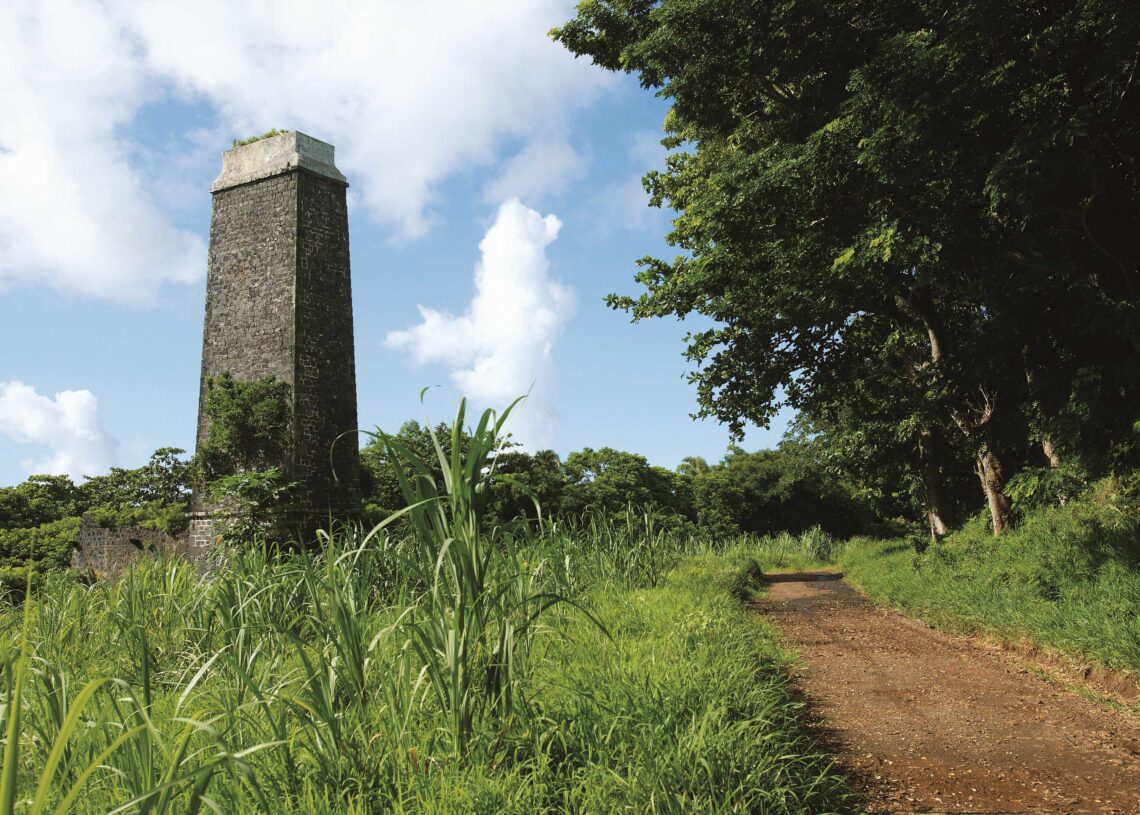
Several years in journalism later, including 25 as the newscaster on the 8 o’clock evening news on the Antenne 2 TV channel and later on TF1, he became one of the most famous broadcasters in France. So much so that three years after his last daily news broadcast, he still has an impact on the media – with the help of the Guignols de l’info, something like the Spitting Image puppets, that have been broadcast each day on Canal+ since 1988.
A great journalist, a star and celebrity presenter, the new admirer of Frederica is also a novelist, with some sixty titles to his credit, some written with his brother, Olivier. Other very personal relations emerge with Mauritius in the third of their joint books.
‘Le Roman de Virginie’ (Virginie’s story) takes its readers along the shores of the Indian Ocean, where reminders to the authors’ most famous ancestor still remain. Their real name is Poivre (d’Arvor was added to emphasise their attachment to their Breton roots) and in the book the two brothers, both keen sailors, evoke the wanderings of their forebears – in particular those of Pierre Poivre, their great, great, great great-uncle, Intendant General of the then Isles de France and Bourbon (nowadays Mauritius and Reunion), posted in Port Louis from 1767 to 1772, and his wife, Françoise, friends of another person who has done much to promote the island, Bernardin de Saint Pierre, through his famous novel, Paul et Virginie. As a result of his exceptional loyalty and distant relationship, Patrick Poivre’s d’Arvor views on Mauritius are an encouragement to all those, like the promoters of the Domaine de Bel Ombre, who look to open the place up to the world whilst retaining its authenticity. “I believe,” he says, “that this country has a lot to teach us about the value of tolerance and all that goes with it: its diversity, the mix of origins and the relations between inhabitants compared with elsewhere”. Yet another reason to travel here.

